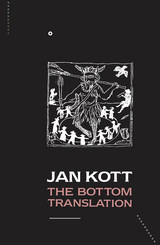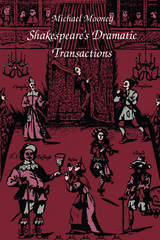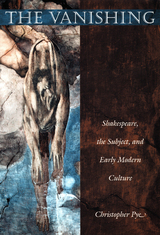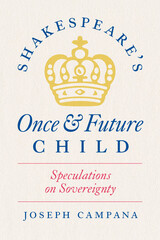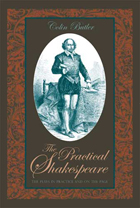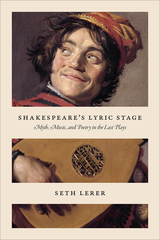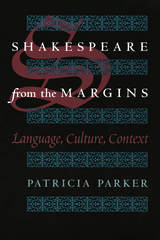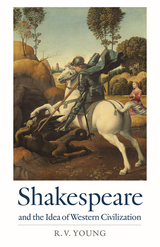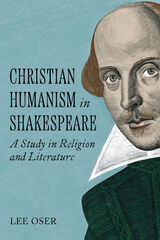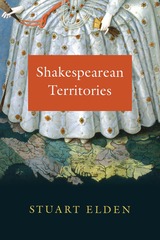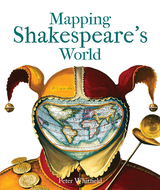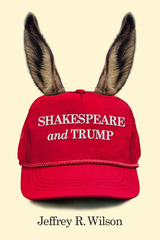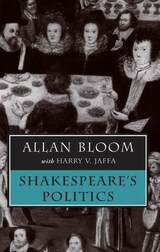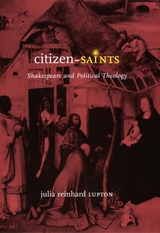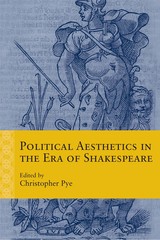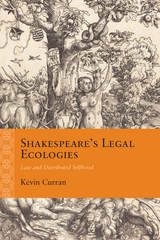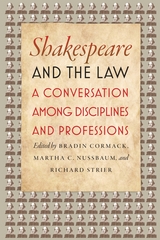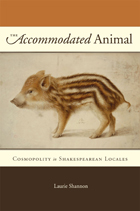Shakespearean Pragmatism: Market of His Time
University of Chicago Press, 1993
Cloth: 978-0-226-20942-5
Library of Congress Classification PR3001.E64 1993
Dewey Decimal Classification 822.33
Cloth: 978-0-226-20942-5
Library of Congress Classification PR3001.E64 1993
Dewey Decimal Classification 822.33
ABOUT THIS BOOK | TOC
ABOUT THIS BOOK
Just as Shakespeare's theater was an economic gamble, subject to the workings of a market, so the plays themselves submit actions, persons, and motives to an audience's judgment. Such a theatrical economy, Lars Engle suggests, provides a model for the way in which truth is determined and assessed in the world at large—a model much like that offered by contemporary pragmatism.
To Engle, the problems of worth, price, and value that appear so frequently in Shakespeare's works reveal a playwright dramatizing the negotiable nature of perception and belief—in short, the nature of his audience's purchase on reality. This innovative argument is the first to view Shakespeare in the context of contemporary pragmatism and to show that Shakespeare in many ways anticipated pragmatism as it has been developed in the thought of Richard Rorty, Barbara Herrnstein Smith, and others. With detailed reference to the sonnets and plays, Engle explores Shakespeare's tendency to treat knowledge, truth, and certainty as relatively stable goods within a theatrical economy of social interaction. He shows the playwright recasting kingship, aristocracy, and poetic immortality in pragmatic terms.
As attentive to history as it is to contemporary theory, this book mediates between current and traditional accounts of Shakespeare. In doing so, it offers a sweeping new account of Shakespeare's enterprise that will interest philosophers, literary theorists, and Shakespeare scholars alike.
To Engle, the problems of worth, price, and value that appear so frequently in Shakespeare's works reveal a playwright dramatizing the negotiable nature of perception and belief—in short, the nature of his audience's purchase on reality. This innovative argument is the first to view Shakespeare in the context of contemporary pragmatism and to show that Shakespeare in many ways anticipated pragmatism as it has been developed in the thought of Richard Rorty, Barbara Herrnstein Smith, and others. With detailed reference to the sonnets and plays, Engle explores Shakespeare's tendency to treat knowledge, truth, and certainty as relatively stable goods within a theatrical economy of social interaction. He shows the playwright recasting kingship, aristocracy, and poetic immortality in pragmatic terms.
As attentive to history as it is to contemporary theory, this book mediates between current and traditional accounts of Shakespeare. In doing so, it offers a sweeping new account of Shakespeare's enterprise that will interest philosophers, literary theorists, and Shakespeare scholars alike.
See other books on: 1564-1616 | His Time | Market | Shakespeare | Shakespeare, William
See other titles from University of Chicago Press

